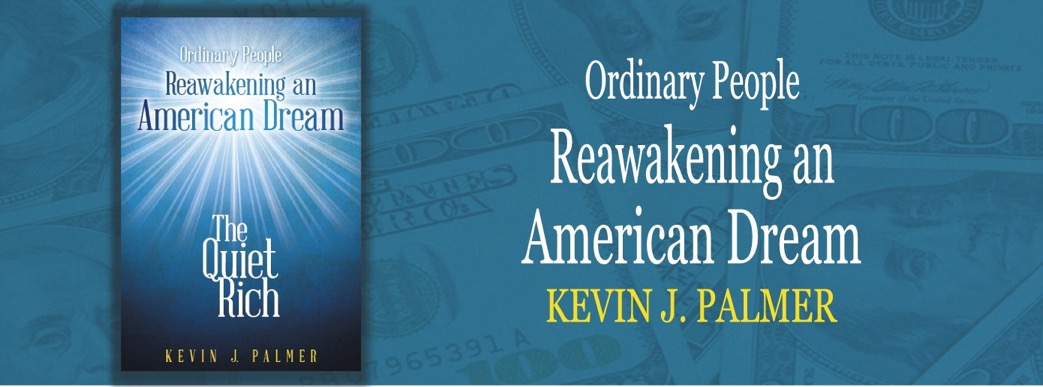After five days on a Greyhound bus, Thomas Seekins knew that he’d never set foot in Boston again. When the door opened, a rush of hot air that felt hauntingly familiar enveloped him. His own voice filled his head: Finally, I’m in the land of my ancestors. The year was 1960. Thomas spent a few of his remaining precious dollars on a night in a Casa Grande motel, took a shower, and then boarded another bus headed north to Canada.
“Why did you come to Casa Grande before you went to Canada?” I asked during an archeological dig in 2011.
“There wasn’t much in my backpack,” he said as I stood facing him shaking the sifter’s frame, “but there was a lot of information in my soul about this place.”
Dust whipped around us as we fingered the rocks looking for artifacts. No pottery shards. We were still in the topsoil—and still in the top layer of a friendship that started with my curiosity about this man with jet-black hair and an angular face. “So, what was your secret, Thomas?”
“I was born in Boston, and my mom abandoned dad and me. She moved out west somewhere when I was too young to remember her. Both of my parents had Native American genes. Dad never told me much about Mom. My dad’s family was part of the Yavapi tribe. His great-grandfather had been shipped off the reservation, to a school in Pennsylvania.”
“Why would that happen?”
“To learn the ways of the White Man, most likely. Please pass me the canteen. I’m scorched.”
We took a water break as the morning rose. I rolled up the sleeves of my denim shirt. Thomas did the same with his starched white Brooks Brothers that had already collected soil stains. We both readjusted our RayBans. I said, “Time to shovel again. Maybe we’ll uncover something this time.”
“My dad was born in Boston, and he didn’t like to focus too much on his past because he carried it with him. Look, I have a dark complexion, dark eyes, dark hair. We didn’t look like typical Bostonians. Dad did like to drink, and he played drums for a living. My life as a kid was lonely, and our little apartment didn’t offer much in the way of a home life without my mom. I started working when I was twelve as a newspaper boy. Dad bought me a bicycle because my route was in a neighborhood with houses beyond walking distance from our apartment, and I loved the job, especially collecting money from the customers. Some of them let me step inside their homes when they went to get money to pay their bills. I had never seen anything like that before in my life.”
As we continued to dig and sift, Thomas spoke incessantly. At lunch, we went our separate ways—he went to make some calls, and I took my lunch in the shade of a nearby Palo Verde tree and thought about the story he’d begun to unfold for me.
Thomas had no interest in music or musical theory unless there were practical applications. As he grew up, he took on the role of guardian, organizing activities for him and his dad that to fit his vision of the way things should have been. He knew how little control he had as the child of a single parent who was also an artist and an alcoholic, so he took control where he could find it—as he did with the newspaper-delivery job. He also learned to let go when he needed to. An observant child who did not much like the life he was leading, Thomas continually imagined escaping into the homes where he delivered newspapers. He had clear visions of how things could be, and he observed with all five of his senses in concrete ways. After finishing high school and working as a press-operations assistant at the newspaper, he’d saved a small amount and used it to bid good-bye to his father in the late summer of 1960. He told me that he wanted to see if he could feel any connection to Arizona before fulfilling his dream of seeing the Canadian Rocky Mountains—a landscape he’d read about in school and felt a strong need to visit.
After lunch, we went back to digging. Thomas was silent, but I needed to ask him more about what happened when he made it to Canada.
“I knew so little about what was driving me,” he explained. “All I did know was that I had some Native American heritage that made me feel that I owned the land in a way that did not involve money. This sense of ownership made me feel that I had to always do my best, to be the best I could possibly be in all things. To hold my head proud, to respect others, and to be respectable.
Read the complete success story in the book, The Quiet Rich: Ordinary People Reawakening an American Dream.
Kevin J. Palmer, Author


